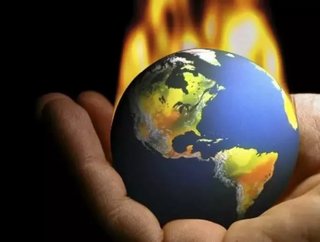Climate change commitments not enough

Australia’s commitment, made with 36 other industrialised countries, for binding emission cuts by 2020 as part of a package of agreements that extends the life of the Kyoto Protocol at the UN COP18 in Doha, Qatar, has been welcomed by the Sustainable Energy Association of Australia (SEA).
The deal, agreed by 194 nations at the climate talks in Doha, extends the Kyoto Protocol to 2020, and prepares the way for the Kyoto protocol to be replaced by a new treaty binding all developed and developing nations together by 2015 to respond to climate change.
SEA members support a market-based approach to the pricing of carbon as a part of the response to tackle global warming.
“Certainty and consistency in policy approaches using markets to stimulate investment in renewable energy is the key to bringing on the most economically efficient market reforms,” says Kirsten Rose, SEA Chief Executive.
From 2013 at least 33 countries, 11 sub-national jurisdictions in the US and Canada, and seven cities and provinces in China, covering around one-third of China’s GDP, and one-fifth of its population, will participate in emissions trading schemes. More countries, including Korea, have indicated they too will be implementing emissions trading in the next couple of years.
Returning from the talks in Doha, SEA Chief Adviser Professor Ray Wills noted the climate meeting has established for the first time, agreement that rich nations should move towards compensating poor nations with a provision on “Loss and Damage” due to climate change.
“The final text ‘encourages’ developed nations to provide at least $10 billion a year up to 2020 to developing economies through a Green Climate Fund (GCF) established within the framework of the UNFCCC to fight climate change,” says Prof Wills.
“The world spent $1500 billion on military last year alone; by comparison, the amount of $10 billion a year is ‘spare change’, representing less than 1% of the annual global military spend. On that scale, the world has yet to declare a war on global warming,” says Prof Wills.






